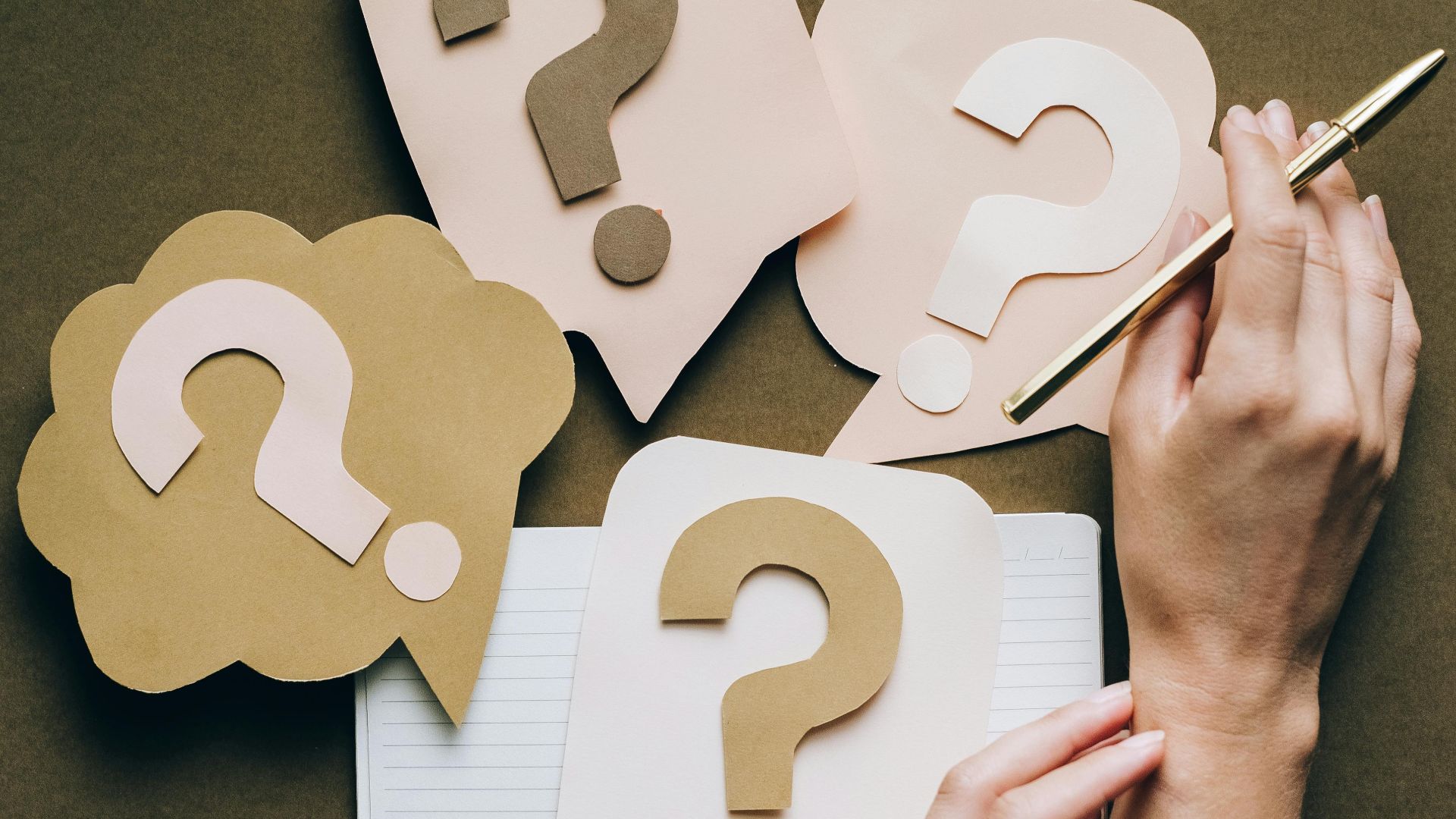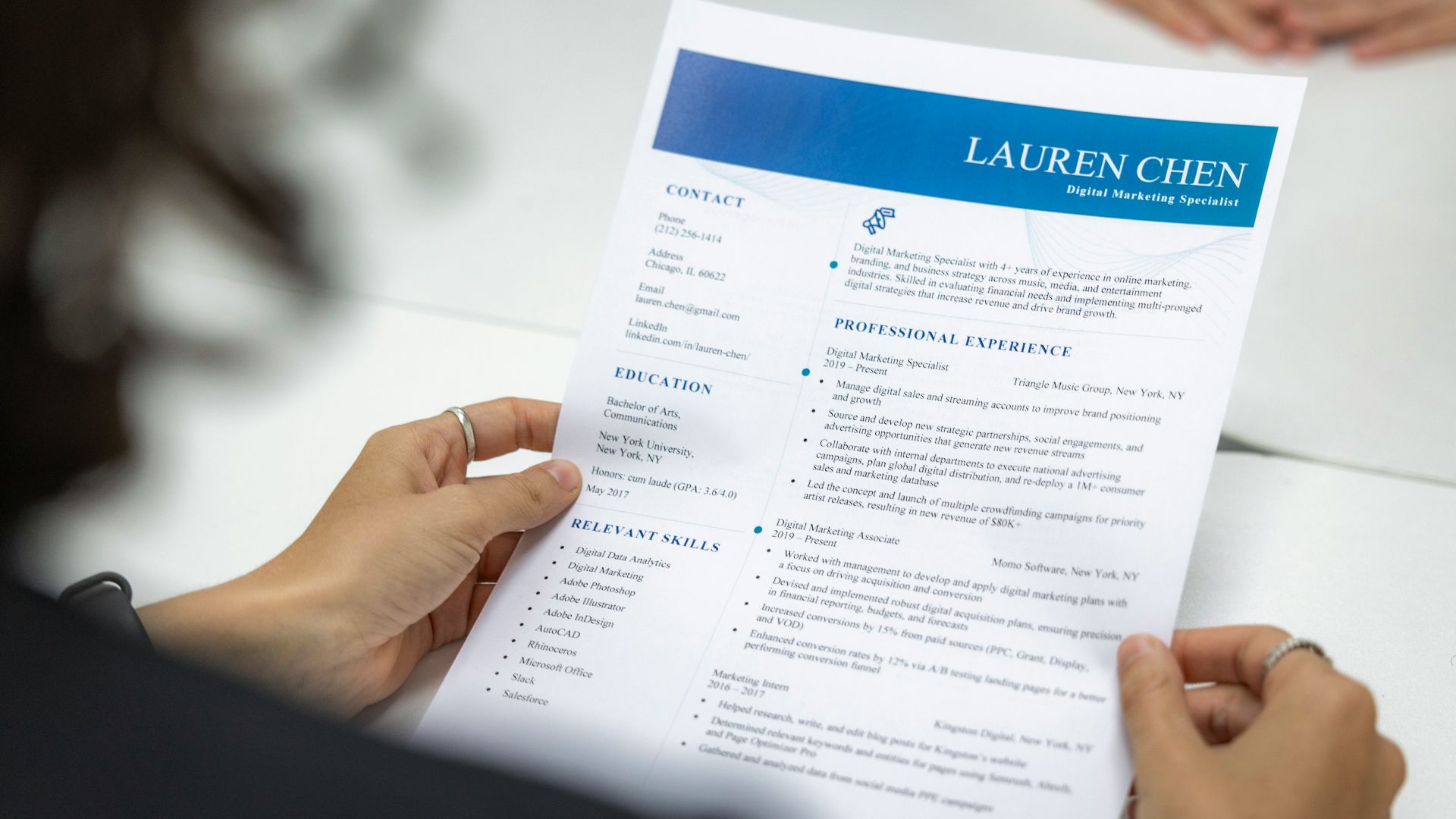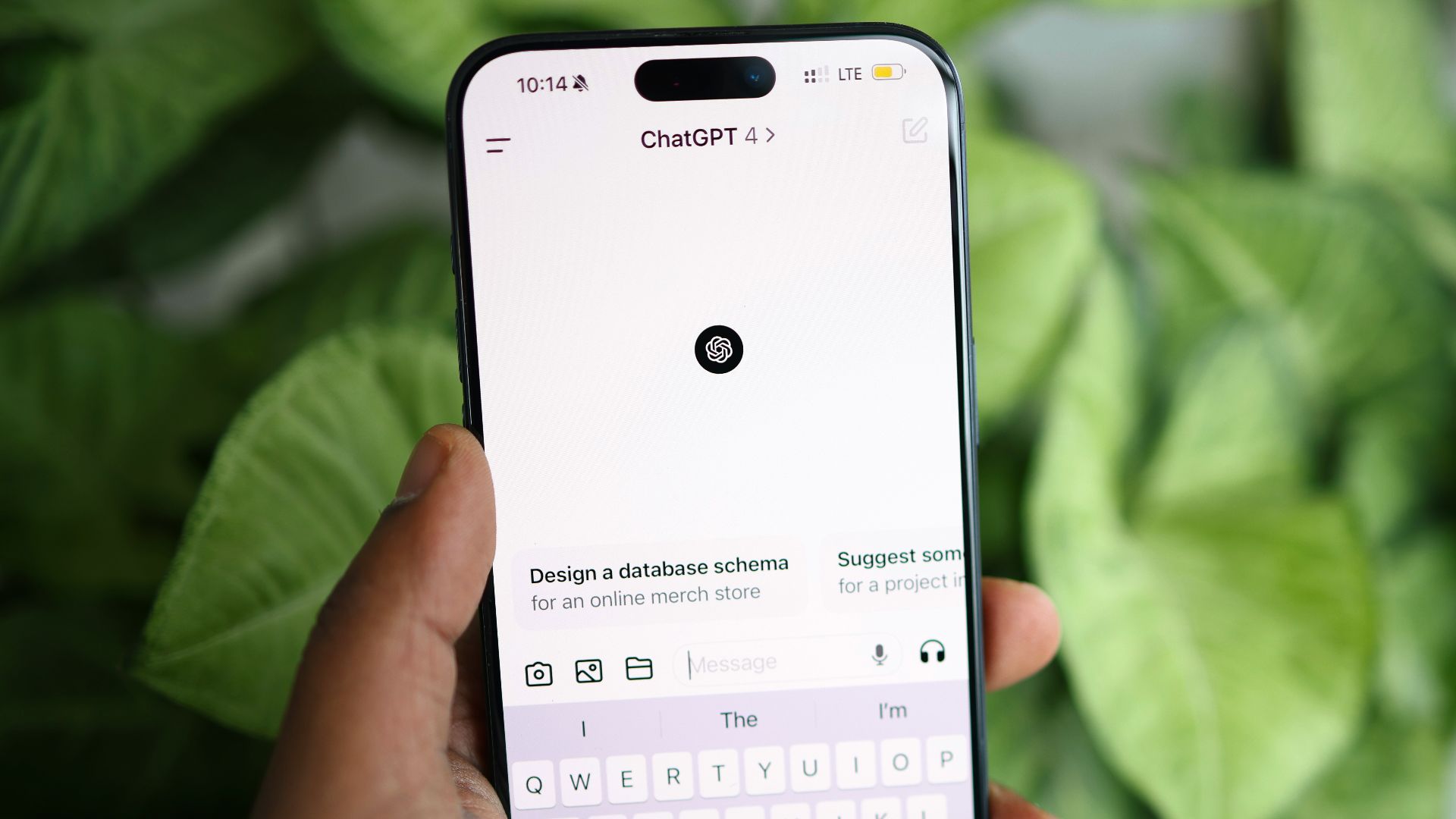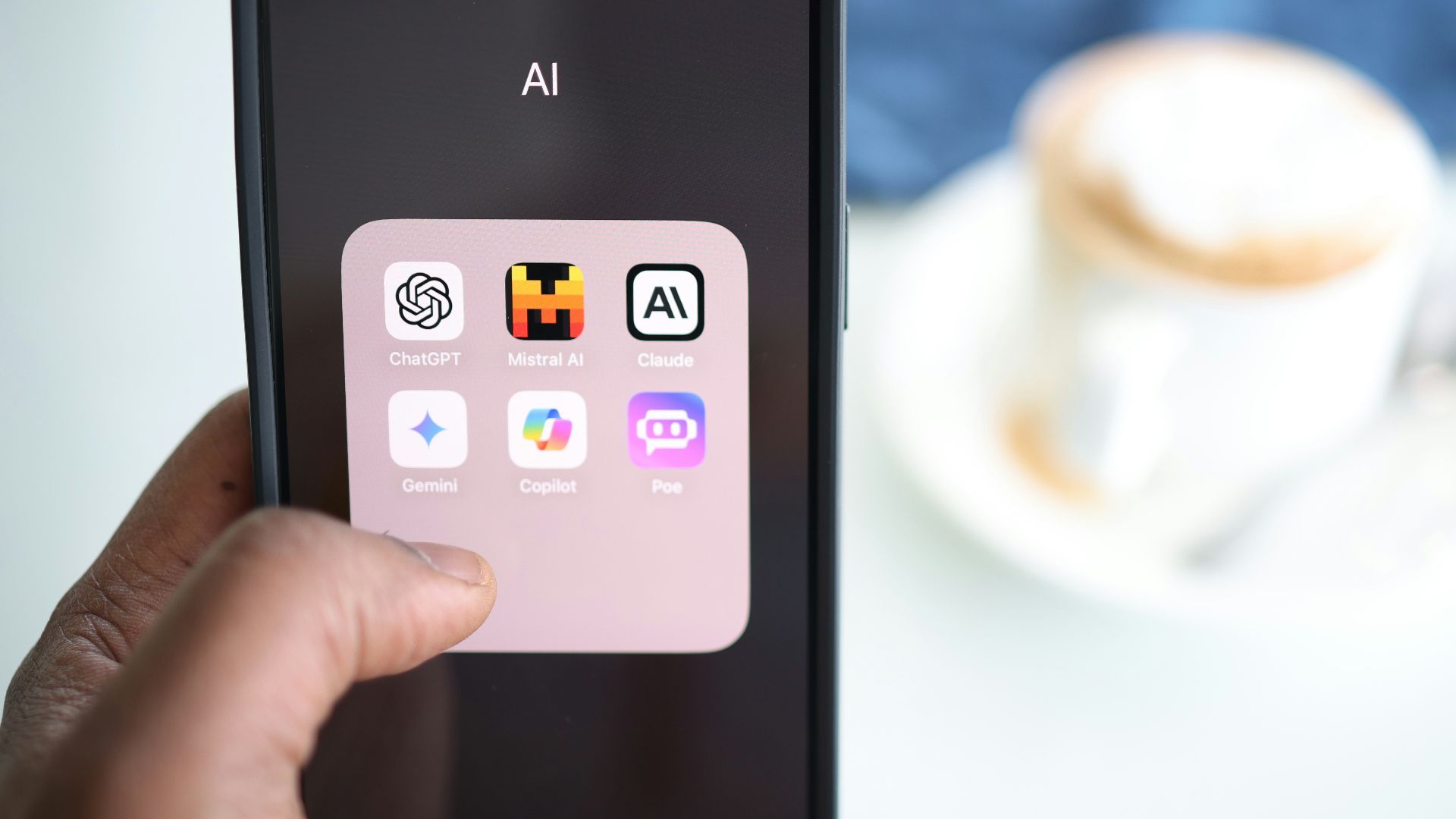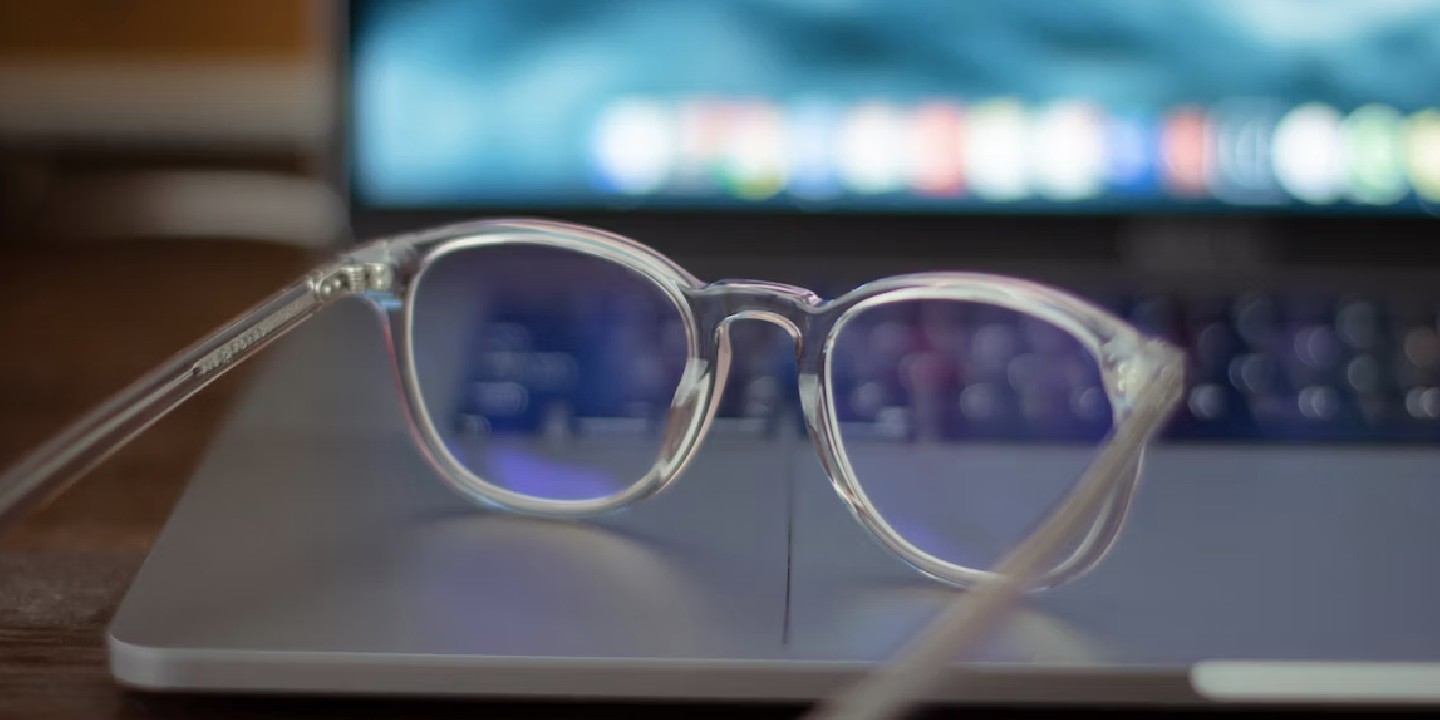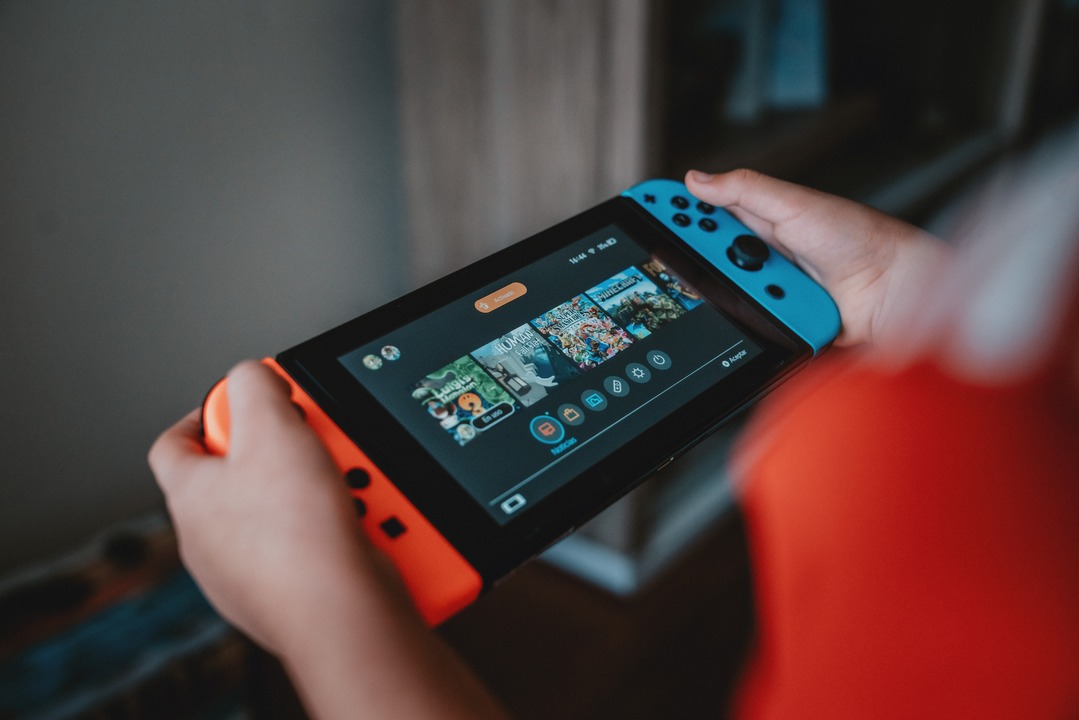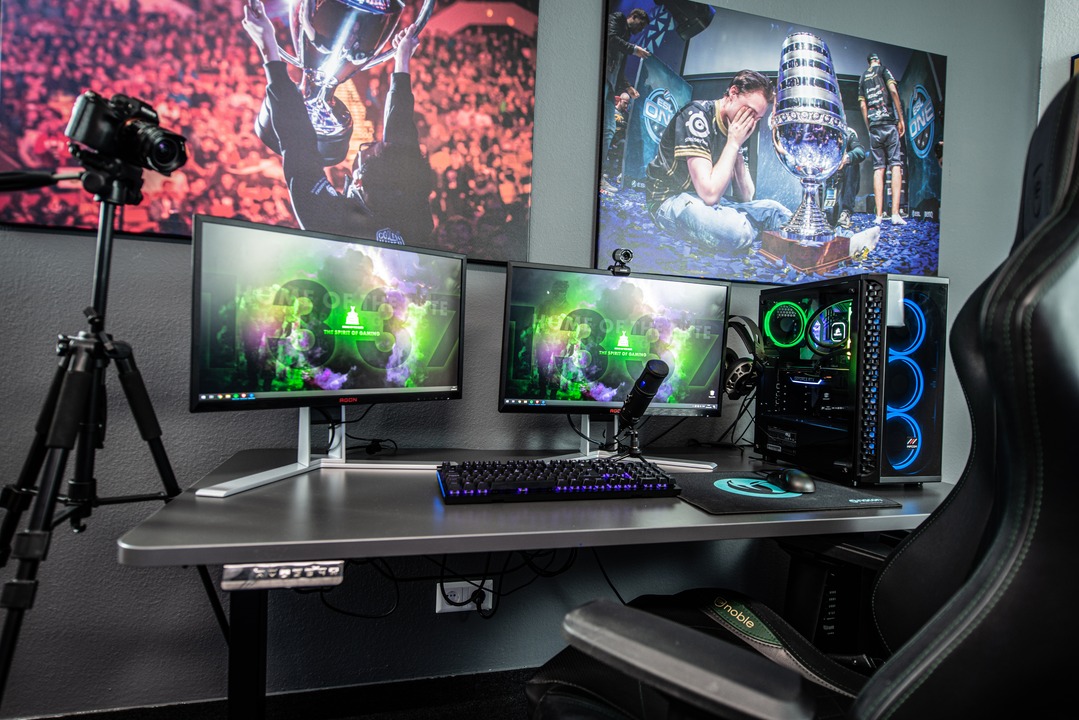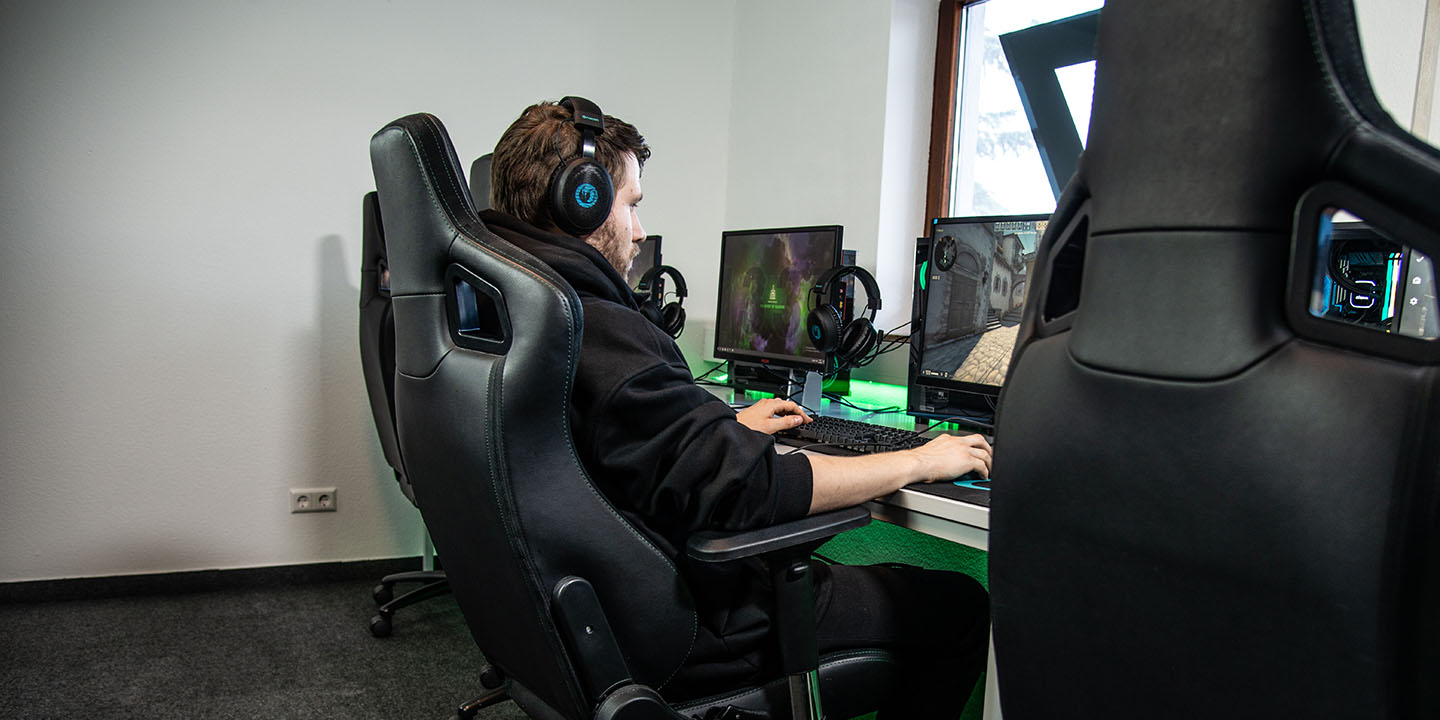Can AI Make You Shine?
Before the rise of AI (artificial intelligence), we did things manually. We researched on our own, we asked our friends for help, we practiced on our own. But AI has made things easier, and it's almost a no-brainer to use it to prep for important interviews. And yet, even if AI tools shape us into the perfect candidate, is that really a good thing—or can it be a bad thing, too? Here are 10 ways AI might help you nail your job interviews, and 10 ways it can ruin your chances.
1. Mock Interviews
One of the best things about using AI to prepare for job interviews is that they're extremely helpful for practice runs. It's normal to feel nervous when you have an interview lined up (that means you really want the role!), but no one wants to trip over their words when it's time for the real thing. That's why using AI to help you practice can be a lifesaver.
2. Quick Research
It's best to do research on your own by going through the company website, relevant links, and peeping LinkedIn profiles, but if you're on a time crunch and you only have a few hours to prepare, AI can help gather important information for you in seconds. That way, you have more time to focus on other things, like prepping your answers.
 Glenn Carstens-Peters on Unsplash
Glenn Carstens-Peters on Unsplash
3. Tailor Responses
Speaking of prepping your answers, AI is great at tailoring your responses as well. This means that, in order to make you stand out to interviewers, AI can scan your resume and cover letter to come up with unique answers that sum up what you can bring to the table. You don't want to give interviewers generic responses, after all.
4. Brainstorm Questions
Another thing that AI is great for is brainstorming questions. Even if you've done many interviews in your field, it's still a good idea to be prepared, and AI can help gather questions that you've never thought of or haven't been previously asked. This way, you won't be thrown off your game if you're asked them during the real thing.
5. Generate STAR Examples
If you don't already know, STAR stands for situation, task, action, result. This is the best and most recommended way to answer behavioral and situational interview questions, as it gives interviewers a clear picture of your past experiences. AI can help generate tailored STAR responses based on your previous roles and responsibilities.
6. Ease Interview Anxiety
Again, it's completely normal to feel anxious when you have an interview lined up. But being too nervous can sometimes ruin your chances, like making you trip over your words or blank during certain questions. AI can help offer strategies that allow you to better manage your anxiety so you go in with a calmer mindset.
7. Refine Cover Letter & Resume
Need help refining your cover letter or resume? AI can assist with that as well. This is especially helpful when you're applying to multiple job openings and don't have time to manually rewrite everything and tailor it to each specific role. AI can also include buzzwords that make you stand out to recruiters and hiring managers.
8. Help Draft Up Professional Emails
If you need to reschedule an interview or write a thank-you note, AI can help ensure you send professional emails that keep you on good terms with interviewers, recruiters, and hiring managers. Even if you're keen on drafting these letters up yourself, AI can act as a second pair of eyes to scan for any lingering mistakes.
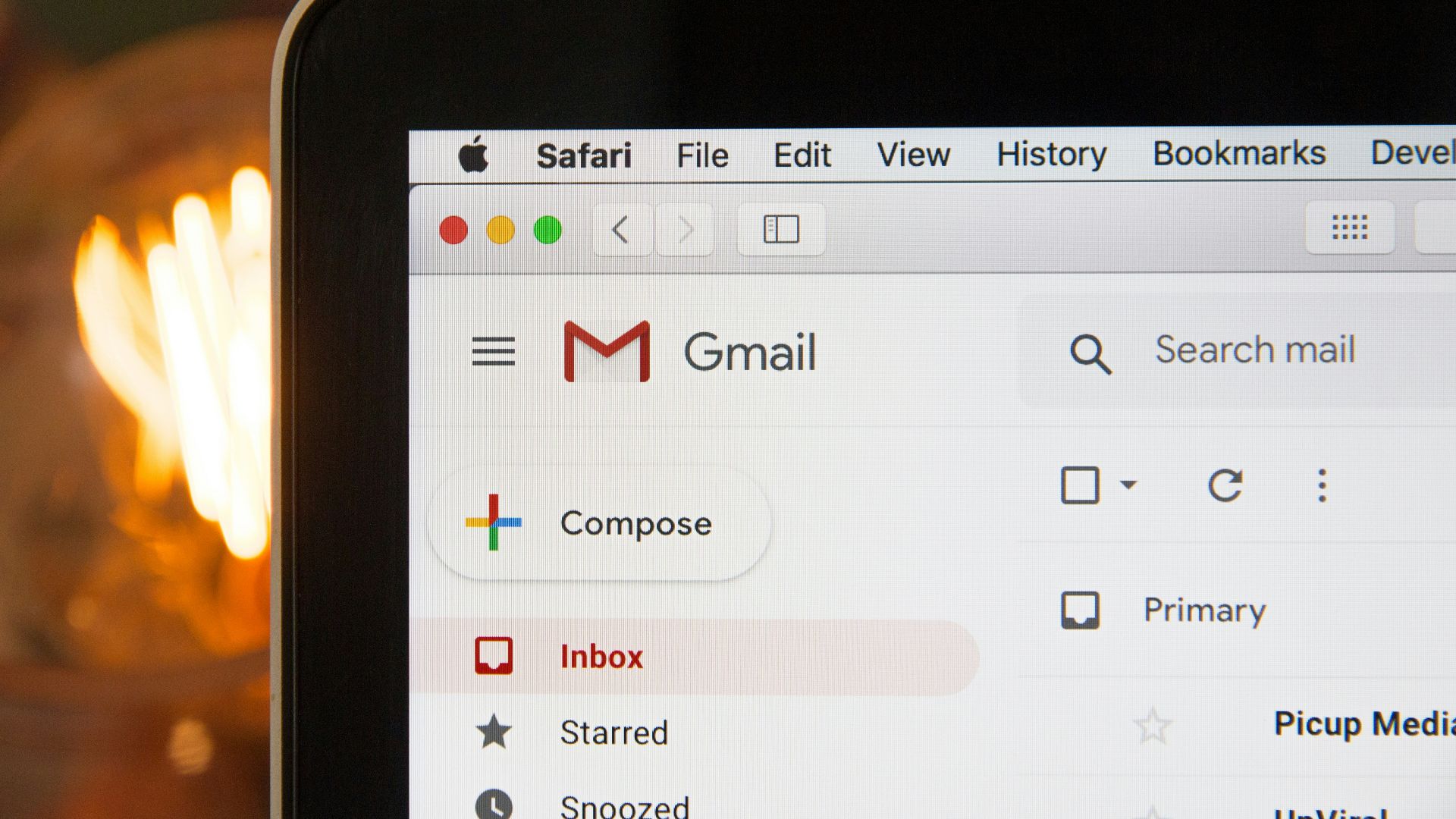 Stephen Phillips - Hostreviews.co.uk on Unsplash
Stephen Phillips - Hostreviews.co.uk on Unsplash
9. Basic Interview Tips
Not sure what to wear, how to sit, or what body language you should exude during an interview? AI can help make sure you're on your A game the moment you step into the interview room (or hop onto a video call) by reminding you of basic interview tips and etiquette, so you don't need to stress on your own.
10. Boost Confidence
Last but not least, AI can help boost your confidence. By practicing with you, brainstorming potential questions, and generating tailored responses and examples based on your previous experience, you'll feel much more prepared and comfortable when the real thing happens.
But as helpful as AI can be, there are still ways using it (or relying heavily on it) can ruin your chances. Before immediately turning to ChatGPT, here are 10 major cons to be aware of:
1. Overprepping
It's a good thing to be prepared for an interview, especially when it's for a role you really want, but there's a line you should draw. When you prep too much, it can actually hurt your chances, because you've practiced mock runs where you've memorized entire responses. When the real thing happens, though, it rarely ever pans out the way you planned.
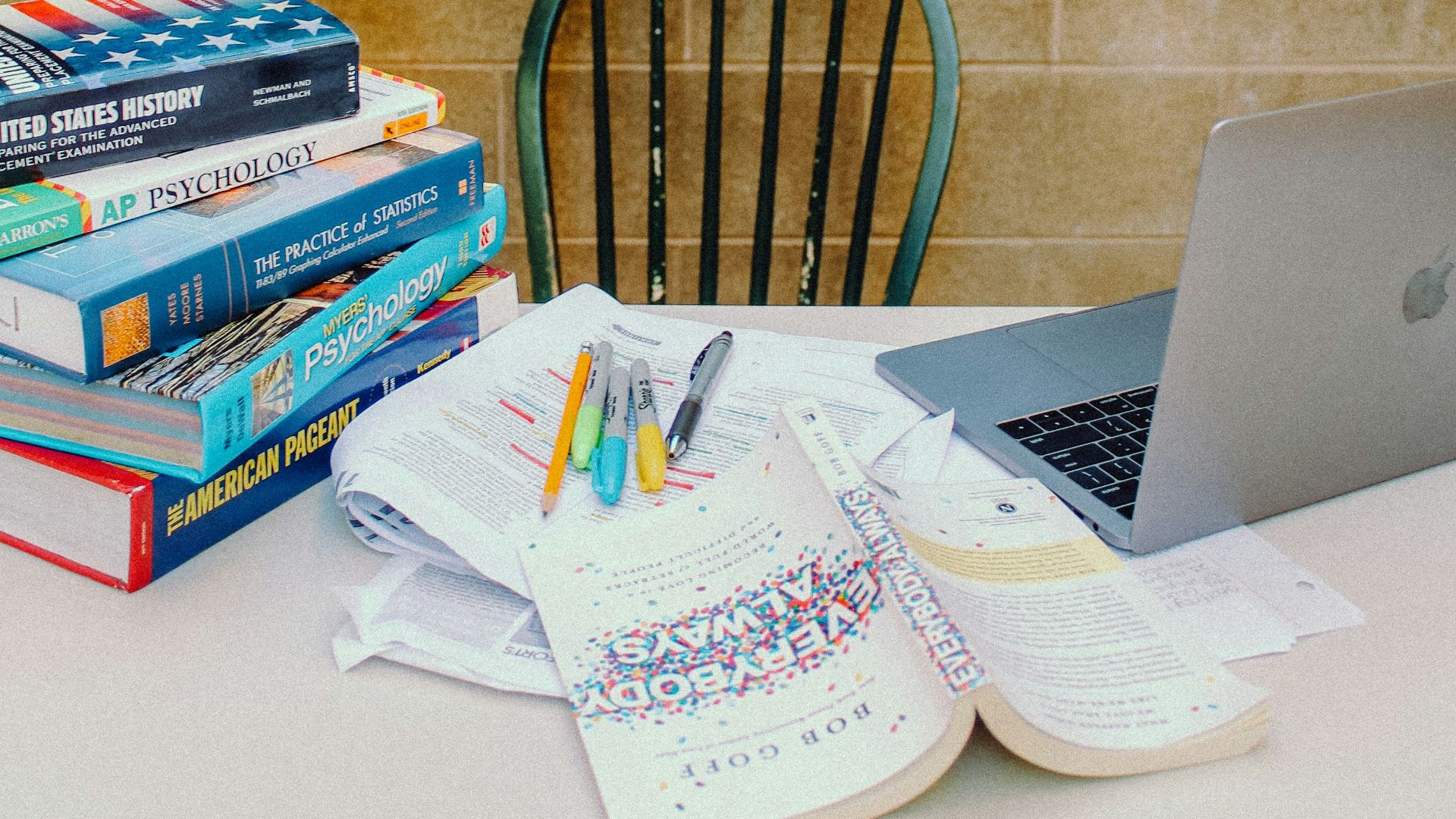 Jaeyoung Geoffrey Kang on Unsplash
Jaeyoung Geoffrey Kang on Unsplash
2. Stumble When Interviews Go Off-Script
When the real interview doesn't go the way you practiced, that's when you realize that overprepping isn't always the way to go. You might get asked a question that's worded slightly differently or one you've never practiced, and you'll be thrown completely off track, making you stumble. That's why it's not good to memorize scripted responses.
3. Sounding Too Polished
Even when you don't stumble on your words, it's also not great to sound too polished, believe it or not. Why? Because when you answer questions in a way people don't normally do, it'll raise suspicion, and your interviewers will likely suspect that you're using some kind of aid (like AI) to help you. This can make you seem less genuine and reliable.
4. Not Letting Your True Personality Shine
Another disadvantage of overprepping and memorizing answers? You have fewer opportunities to let your true personality shine. Genuine conversations and connections never sound like they're scripted, so when you sound too polished, your interviewers might not be able to get an accurate gauge of what you're really like.
5. Not Fact-Checking
While AI can help you research important facts about a company in seconds, it's still better for you to do it yourself. For one, doing this research manually gives you a better chance to connect with the people you might be working with or who you'll be interviewed by. Plus, AI can (and will) fabricate things out of thin air, so don't trust everything it says without fact-checking.
6. Interviewers Can Tell
You might not think interviewers can tell, but no matter how natural you sound in your interviews, the way you word your responses (and how easily your answers "come" to you) can give a lot away. If you're propping your phone on the desk and having ChatGPT listen in on your interview to help generate answers, it's obvious to your interviewers, no matter how great you think you are at hiding it.
7. Everything Becomes Fake
The more you use AI to help you prepare for your interviews, tailor your cover letters and resumes, and draft up emails to potential employers, the more fake everything becomes. No longer will you have the chance to showcase your true personality if you're always reading out polished answers an AI has generated for you. Even if using AI helps you successfully land a role, it probably wouldn't feel as fulfilling as securing the position without AI.
8. Make You Sound Identical to Other Candidates
You're not the only one using AI to ace interviews—plenty of other people are doing it, too. And even if you don't have the same work experiences as someone else or the same career path, the responses AI generates can make everyone sound the same. If you've ever wondered how interviewers can tell if a candidate is using AI, it's probably because someone else used it before, and they were able to recognize the signs.
9. Make You Overconfident
Being confident is a good thing, but AI can make you feel like you're the perfect candidate for a role, even if you really aren't. While you should show your adaptability to potential employers, you should still be honest—which means telling the truth if you don't have the exact experiences or skills. Interviewers sometimes don't pick the "perfect" candidate, but the one they believe is genuine, reliable, and is excited to learn and grow.
 Christina @ wocintechchat.com on Unsplash
Christina @ wocintechchat.com on Unsplash
10. Becoming Overreliant
The more you use AI, the more you'll continue using it. If it lands you the role, you're probably not stopping there—you're using AI for your work tasks, too. Over time, your real skills will start to diminish, and you might feel lost without AI tools assisting you.





